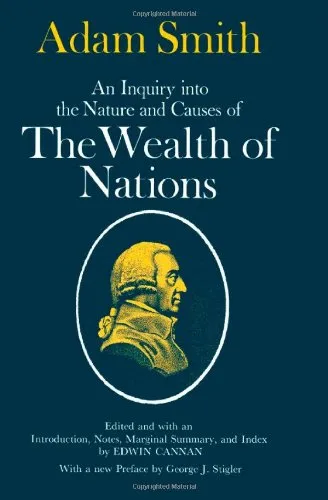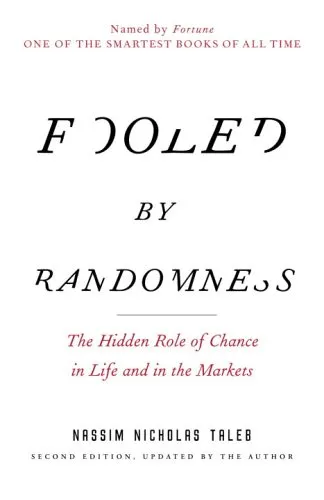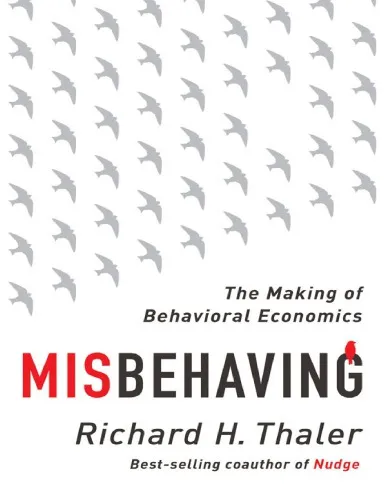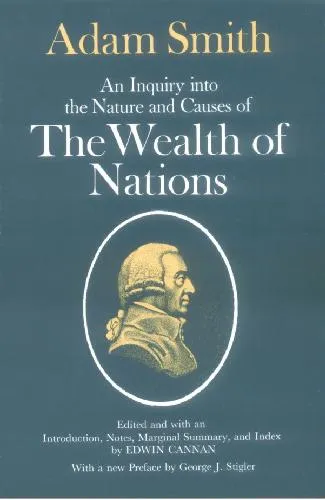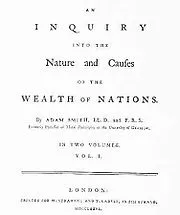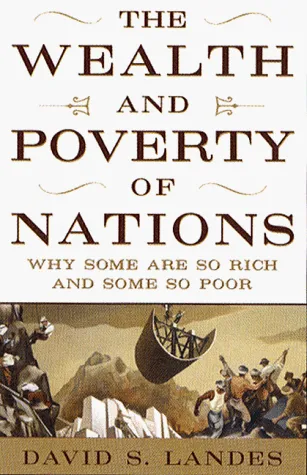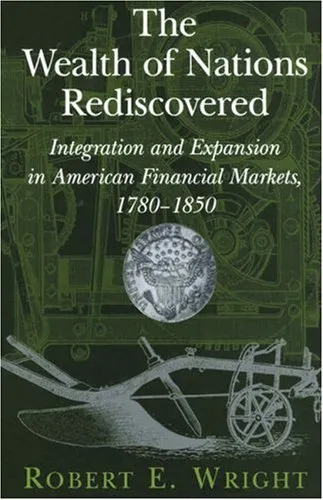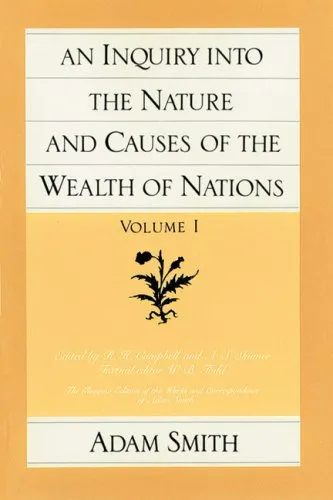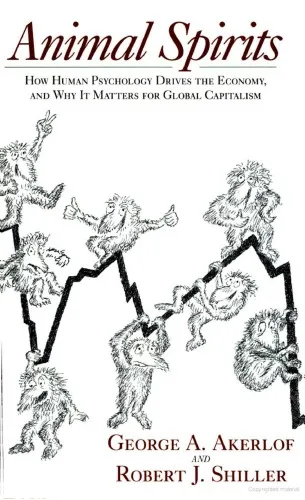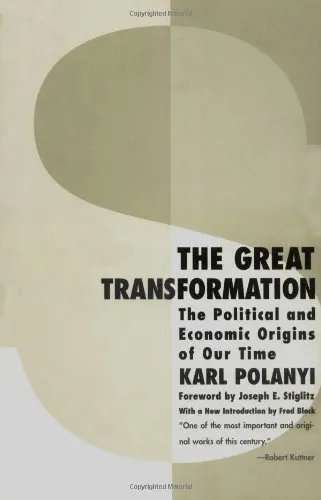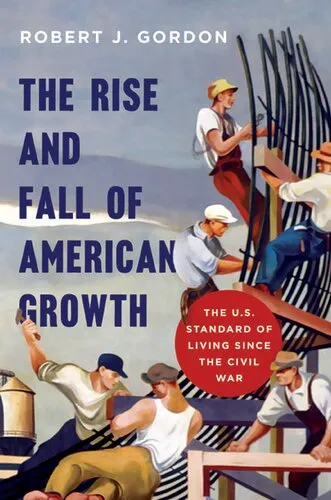An Inquiry into the Nature and Causes of the Wealth of Nations
4.5
Reviews from our users

You Can Ask your questions from this book's AI after Login
Each download or ask from book AI costs 2 points. To earn more free points, please visit the Points Guide Page and complete some valuable actions.Related Refrences:
Introduction to 'An Inquiry into the Nature and Causes of the Wealth of Nations'
Adam Smith's seminal work, "An Inquiry into the Nature and Causes of the Wealth of Nations," first published in 1776, lays the foundation for modern economic theory. This groundbreaking text explores the development of economic systems, the division of labor, and the importance of free markets.
Detailed Summary of the Book
The Wealth of Nations is divided into five books, each focusing on different aspects of economics and society. In Book I, Smith discusses the principles of the division of labor, the necessity of exchange, and the origins and use of money. Building upon these foundations, Book II delves into the nature of capital and the accumulation of stock. In Book III, Smith examines historical and contemporary economic structures, providing insights into their progress and relative wealth.
Continuing, Book IV critiques previous economic philosophies, particularly mercantilism, and advocates for the benefits of free trade. Finally, Book V addresses the role of government, public finance, and education in the economic structure. Throughout the book, Smith emphasizes the impact of self-interest and competition, guided by an "invisible hand," in shaping prosperous economies.
Key Takeaways
- The Division of Labor: Smith illustrates how specialization increases productivity through efficiency, improving overall economic health.
- Invisible Hand: The concept of the invisible hand suggests that individuals' pursuit of self-interest inadvertently benefits society.
- Free Market Economy: Smith advocates for minimal government interference, promoting free trade and competition.
- Critique of Mercantilism: The book identifies and disputes the limitations of mercantilist policies, favoring more liberal economic thought.
Famous Quotes from the Book
"It is not from the benevolence of the butcher, the brewer, or the baker, that we expect our dinner, but from their regard to their own interest."
"The real tragedy of the poor is the poverty of their aspirations."
"By pursuing his own interest he frequently promotes that of the society more effectually than when he really intends to promote it."
Why This Book Matters
Adam Smith's "The Wealth of Nations" remains a cornerstone of economic thought, continually influencing economists, policymakers, and scholars. It laid the groundwork for classical economics and introduced concepts that continue to underpin modern economic theories. Smith's exploration of market dynamics, competition, and the role of government has informed economic policy and debate for centuries.
The book's enduring relevance is evident in discussions about globalization, capitalism, and the limits of government intervention in the economy. Its impact is not confined to economic circles; it has influenced political theory, social structures, and philosophical paradigms. By unveiling the mechanisms that drive wealth creation, Smith provided a new lens through which to view society, fostering an understanding of economic systems that has shaped our world.
Free Direct Download
You Can Download this book after Login
Accessing books through legal platforms and public libraries not only supports the rights of authors and publishers but also contributes to the sustainability of reading culture. Before downloading, please take a moment to consider these options.
Find this book on other platforms:
WorldCat helps you find books in libraries worldwide.
See ratings, reviews, and discussions on Goodreads.
Find and buy rare or used books on AbeBooks.
1608
بازدید4.5
امتیاز0
نظر98%
رضایتReviews:
4.5
Based on 0 users review
Questions & Answers
Ask questions about this book or help others by answering
No questions yet. Be the first to ask!
